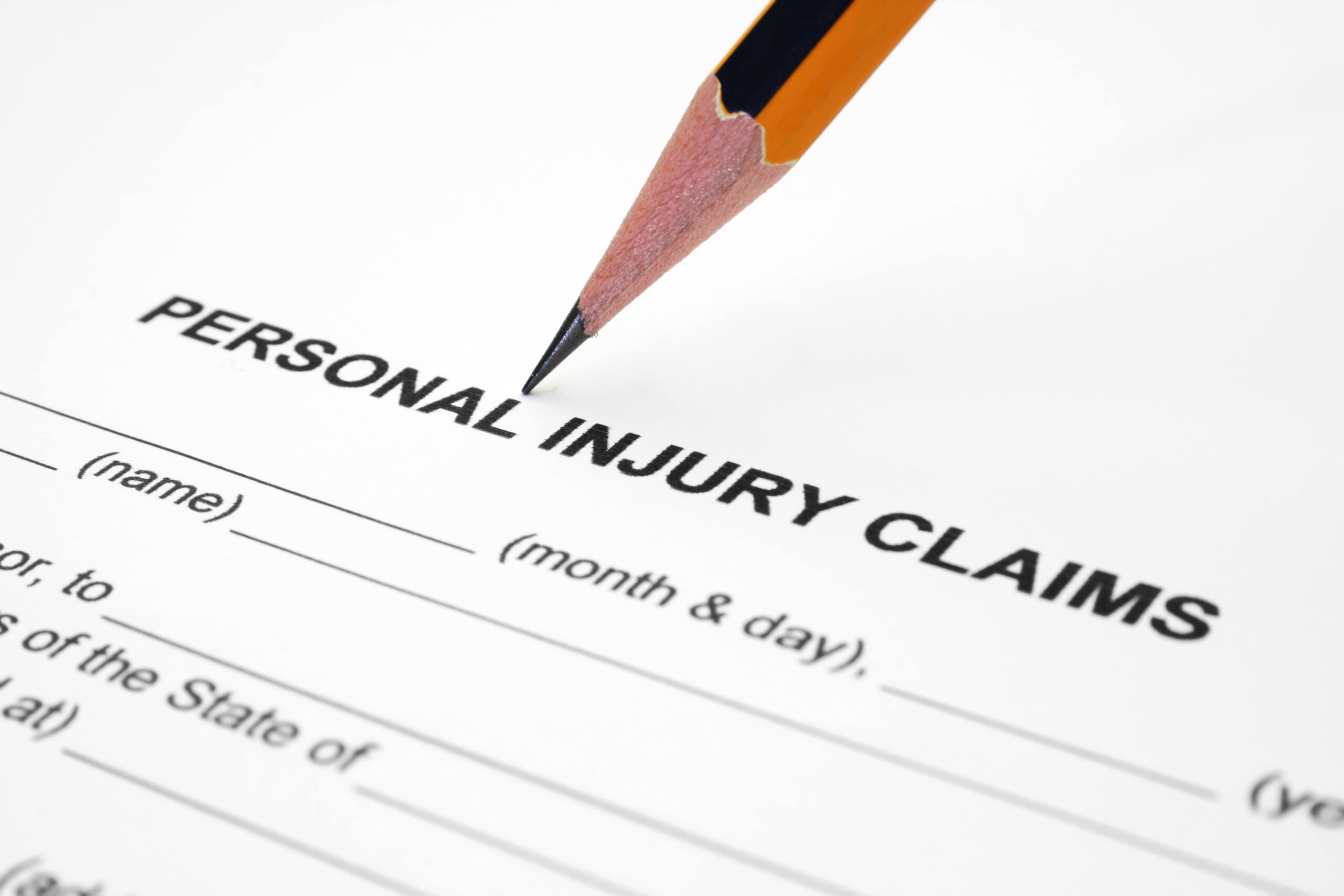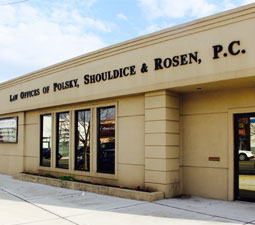
Workers' Compensation is a form of insurance that provides benefits to employees who suffer work-related injuries or illnesses. It is designed to cover medical expenses, rehabilitation costs, and lost wages for the injured worker. In the event of a work-related fatality, it also offers death benefits to the dependents of the deceased worker. Eligibility for Workers' Compensation varies by jurisdiction but generally includes:
- Employment status: Workers who are classified as employees (rather than independent contractors) are typically covered by Workers' Compensation.
- Injury or illness related to work: To be eligible, the injury or illness must be work-related, occurring during the course of employment.
- Notification and time frame: The injured worker must notify their employer within a certain time frame, which varies by jurisdiction.
- Employer coverage: The employer must have Workers' Compensation coverage as required by law.
What types of benefits are provided by Workers' Compensation?
Workers' Compensation benefits can include:
- Medical expenses: Coverage for medical treatment, doctor visits, hospitalization, prescription medications, and necessary medical devices related to the work injury or illness.
- Temporary disability benefits: Payments for lost wages while the injured worker is recovering and unable to work.
- Permanent disability benefits: Compensation for lasting impairments that affect the worker's ability to earn a living.
- Vocational rehabilitation: Assistance in job training or placement if the injury prevents the worker from returning to their previous job.
- Death benefits: Financial support provided to the dependents of a worker who dies due to a work-related accident or illness.
How do I file a Workers' Compensation claim?
To file a Workers' Compensation claim, follow these steps:
- Notify your employer: Report the work-related injury or illness to your employer as soon as possible. Many jurisdictions have specific time limits for reporting.
- Seek medical attention: Get immediate medical treatment for your injuries. Your health and safety are the top priority.
- Complete claim paperwork: Your employer or the Workers' Compensation insurance carrier will provide you with the necessary claim forms. Fill them out accurately and promptly.
- Submit the claim: Submit the completed claim forms to your employer or the Workers' Compensation insurance company.
- Follow up: Keep records of all communications related to your claim and follow up with your employer or the insurance company to ensure the process is moving forward.
Can I sue my employer if I receive Workers' Compensation benefits?
In most cases, Workers' Compensation is a no-fault system, meaning that you cannot sue your employer for a work-related injury or illness covered by Workers' Compensation. In exchange for receiving benefits without having to prove fault, employees give up their right to sue their employer for negligence.
However, there are exceptions. If your employer intentionally caused your injury or engaged in gross negligence, you might be able to pursue a separate personal injury lawsuit. Additionally, if a third party (not your employer) was responsible for your injury, you might have grounds for a third-party liability claim.
What should I do if my Workers' Compensation claim is denied?
If your Workers' Compensation claim is denied, you have options:
- Appeal the decision: Most jurisdictions provide a process for appealing a denial. Gather all relevant evidence and consider seeking legal advice to strengthen your case during the appeals process.
- Seek mediation or arbitration: Some states offer mediation or arbitration as an alternative to traditional court hearings to resolve disputes.
- Consult an attorney: If your claim is denied or if you encounter difficulties during the process, consulting a Workers' Compensation attorney can be beneficial. An experienced attorney can help you understand your rights, navigate the complex legal system, and advocate for your best interests.
When Employees Get Hurt While Working
It cannot be emphasized enough that that each Workers' Compensation case is unique, and laws vary by jurisdiction, so it's essential to seek legal advice tailored to your specific situation. Working with a skilled workers’ comp lawyer at Polsky, Shouldice & Rosen, P.C. is a good way to start exploring your options and pursuing the maximum amount of compensation you’re owed under the circumstances.


